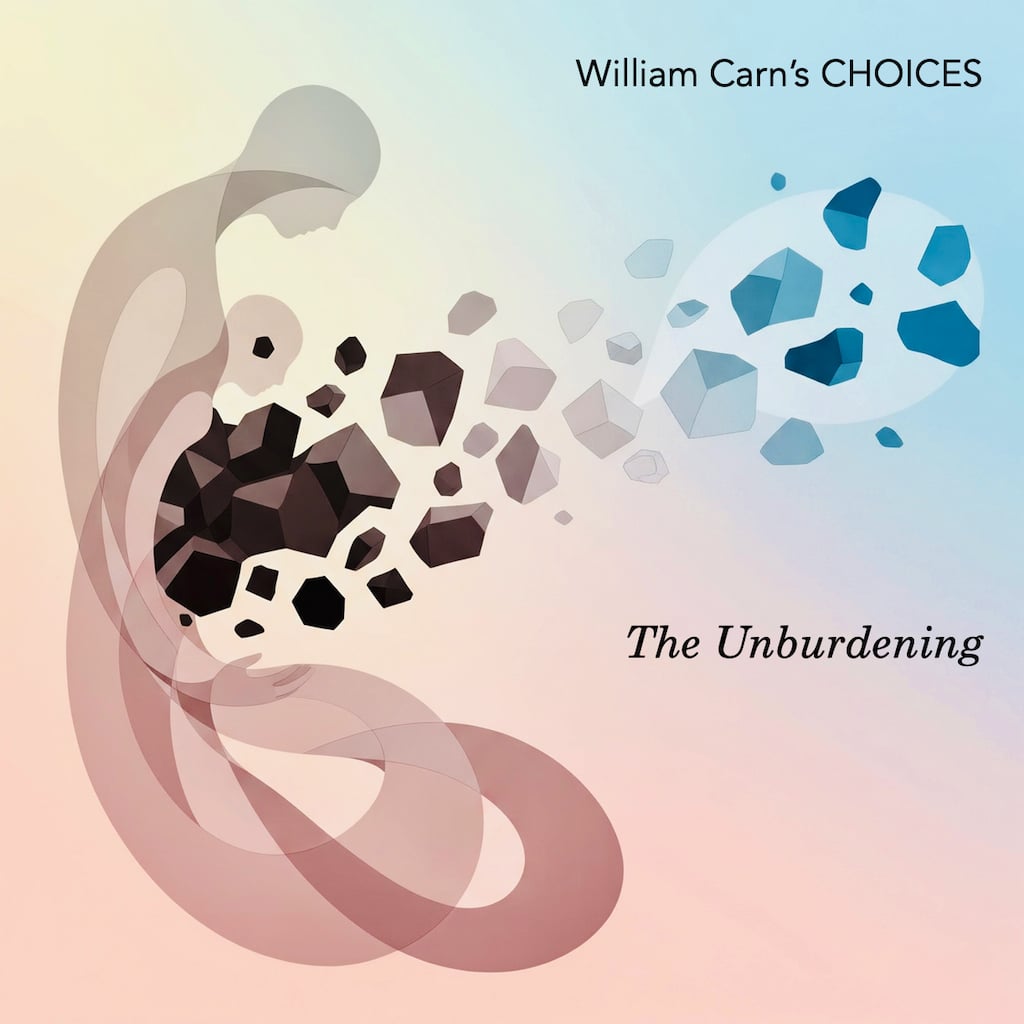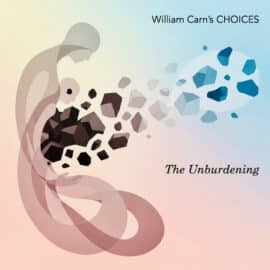| Jazz moderne |

Exploring the Sonic Labyrinth of William Carn: A Contemporary Jazz Visionary Beyond Genre
There is a quiet joy, almost sacred, in the moment one stumbles upon a new musician. It is not merely the discovery of sound, but the invitation into a world, an atmosphere shaped by intention, instinct, and influence. Listening to Canadian trombonist and composer William Carn feels like stepping into one of these rare realms: intricate, richly layered, and alive with the ghosts of genres past.
There’s a distinct echo of 1970s pop laced with the improvisational spirit of jazz, a sonic tapestry that occasionally flirts with the art-rock elegance of British legends like Yes. Add a rhythmic foundation deeply rooted in progressive rock, and you begin to understand: this is music not simply to be heard, but to be experienced. And that experience will vary wildly depending on your cultural touchstones, your openness, your capacity to listen between the notes.
William Carn has quietly but indelibly established himself as one of the most compelling trombonists and composers in contemporary jazz, not just in Canada, but across international stages. He is both a performer and an educator of global reach, with appearances and teaching engagements that span continents. His work with the acclaimed ensemble Turboprop earned him a 2020 Juno Award for Best Jazz Group, a milestone that merely punctuates a career filled with critical nods and creative depth. Carn was named a “Rising Star” by DownBeat magazine in 2015, and his debut album Other Stories was nominated for a Juno in the category of Best Traditional Jazz Album. More recently, his collaborations with saxophonist Tara Davidson in their nine-piece ensemble Carn Davidson NINE have continued to redefine boundaries. Their fourth studio release, Reverence, is both an homage and a love letter to their musical heroes: Joshua Redman, Hermeto Pascoal, Christine Jensen, and Antonio Carlos Jobim, among others.
Carn’s musical résumé reads like a dream sequence from a modern jazz encyclopedia. He has played and recorded with a litany of jazz luminaries: Rob McConnell, Danilo Pérez, Joel Frahm, Miguel Zenón, Randy Brecker, David Binney, Kenny Wheeler, Ingrid Jensen, Mike Murley, Tim Hagans, Carla Bley, Steve Swallow, Maria Schneider, Vince Mendoza, John Clayton, the list seems to go on without end. His sound has a chameleonic quality, blending seamlessly into an ensemble while never losing its singular voice.
And yet, to pigeonhole William Carn within the confines of jazz, even “contemporary jazz”, is to do him a disservice. His compositional voice leans toward something far more abstract, more architectural. This is not music built on neatly packaged melodies or tidy resolutions. It is music of tension and release, of silences that speak as loudly as the notes themselves. It is urban, cerebral, and, as with much modern Canadian composition, carries a distinctly European aesthetic, unafraid of ambiguity or dissonance.
Beyond the jazz world, Carn has also carved out a vibrant career in the broader musical landscape. His studio and live credits form a dazzling mosaic of genre and influence: Aretha Franklin, Elton John, Paul Anka, Feist, Johnny Reid, Janelle Monáe, Sarah Slean, Royal Wood, Hawksley Workman, Noel Gallagher, Tanya Tagaq, and Buffy Sainte-Marie, to name only a handful. His ability to move effortlessly between stylistic poles is not just testament to technical proficiency, it’s evidence of a deeper artistic elasticity, a refusal to be confined by the limitations of category.
But let us be honest: this is not music for the casual listener. Carn’s sonic world is complex, at times opaque, and certainly demands more than passive attention. It is a world that requires artistic literacy and, more crucially, an open mind. Yet for those willing to step into this sprawling aural gallery, where forms shift and overlap, and nothing is quite what it seems, the reward is nothing short of revelatory.
William Carn doesn’t merely offer you a set of compositions. He invites you to undergo a sensorial journey, one shaped as much by curiosity as by sound. It is a voyage without signposts, one that resists easy interpretation. But in that resistance lies the magic. In a musical era often marked by predictability and instant gratification, Carn reminds us of the pleasure of getting lost, and of the profound beauty waiting to be found in the labyrinth.
Thierry De Clemensat
Member at Jazz Journalists Association
USA correspondent for Paris-Move and ABS magazine
Editor in chief – Bayou Blue Radio, Bayou Blue News
PARIS-MOVE, July 15th 2025
Follow PARIS-MOVE on X
::::::::::::::::::::::::
Available July 18.2025, here
Musicians:
William Carn – keyboards, trombones, voice (2, 3, 6)
HiFiLo (aka Todd Pentney) – keyboards (2, 3, 5)
Brad Turner – trumpet (2)
Luis Deniz – alto saxophone (6)
Lina Allemano – trumpet (7)
Tara Davidson – alto saxophone (6, 8), voice (2, 3, 6)
Selena Evangeline – voice (9)
Larnell Lewis – drums (2)
Davide Direnzo – drums (3)
Colin Kingsmore – drums (6)
Tracklist :
No Peace
Brother
The Id
Snake Plissken Finds Peace
Shatter
Ascension
Unbearable
Gratitude
Peace Be

